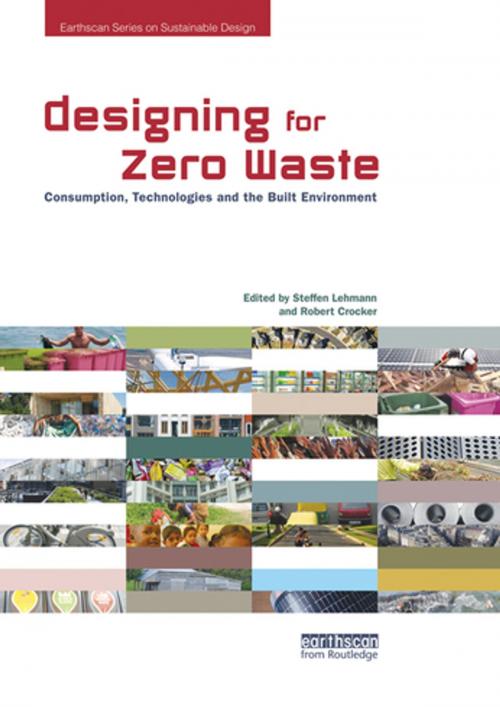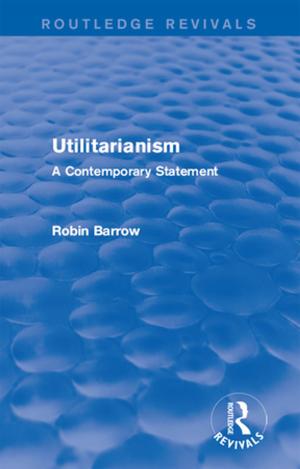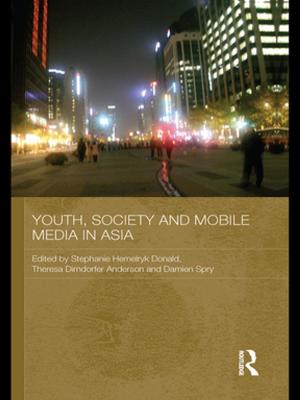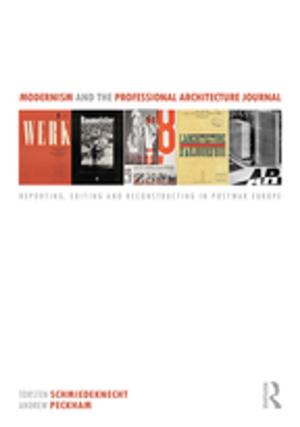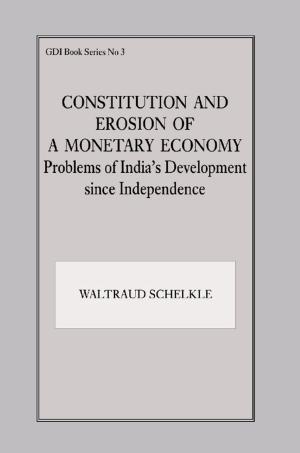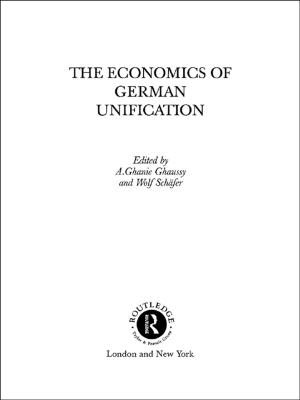Designing for Zero Waste
Consumption, Technologies and the Built Environment
Nonfiction, Art & Architecture, Architecture| Author: | ISBN: | 9781136507533 | |
| Publisher: | Taylor and Francis | Publication: | July 3, 2013 |
| Imprint: | Routledge | Language: | English |
| Author: | |
| ISBN: | 9781136507533 |
| Publisher: | Taylor and Francis |
| Publication: | July 3, 2013 |
| Imprint: | Routledge |
| Language: | English |
Designing for Zero Waste is a timely, topical and necessary publication. Materials and resources are being depleted at an accelerating speed and rising consumption trends across the globe have placed material efficiency, waste reduction and recycling at the centre of many government policy agendas, giving them an unprecedented urgency. While there has been a considerable literature addressing consumption and waste reduction from different disciplinary perspectives, the complex nature of the problem requires an increasing degree of interdisciplinarity. Resource recovery and the optimisation of material flow can only be achieved alongside and through behaviour change to reduce the creation of material waste and wasteful consumption. This book aims to develop a more robust understanding of the links between lifestyle, consumption, technologies and urban development.
Designing for Zero Waste is a timely, topical and necessary publication. Materials and resources are being depleted at an accelerating speed and rising consumption trends across the globe have placed material efficiency, waste reduction and recycling at the centre of many government policy agendas, giving them an unprecedented urgency. While there has been a considerable literature addressing consumption and waste reduction from different disciplinary perspectives, the complex nature of the problem requires an increasing degree of interdisciplinarity. Resource recovery and the optimisation of material flow can only be achieved alongside and through behaviour change to reduce the creation of material waste and wasteful consumption. This book aims to develop a more robust understanding of the links between lifestyle, consumption, technologies and urban development.
